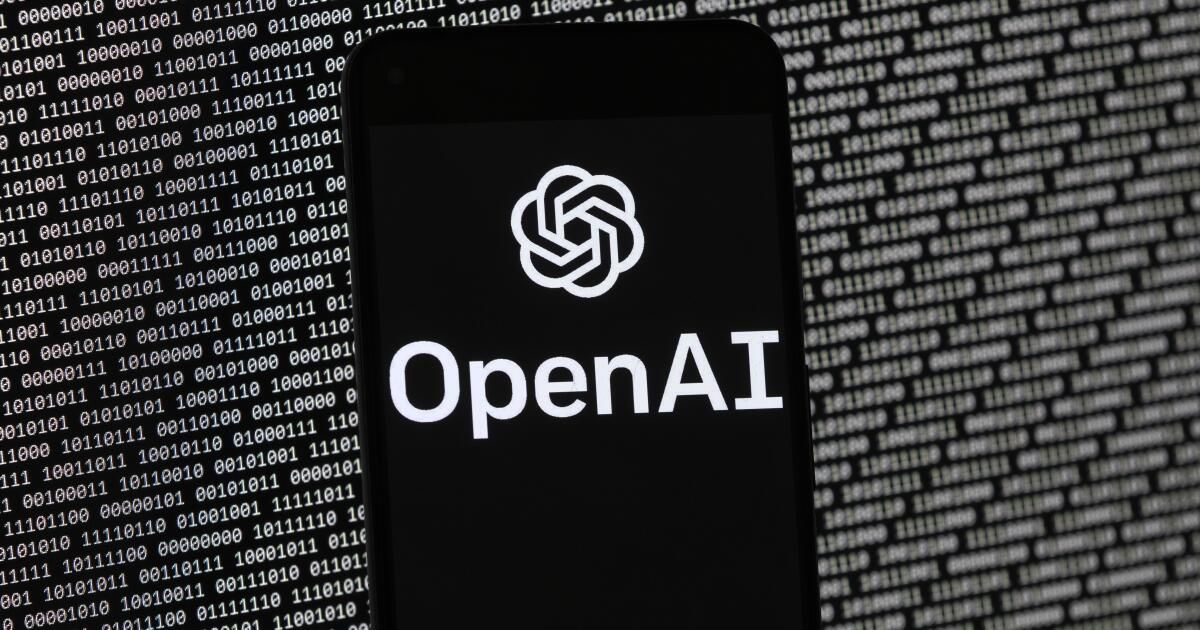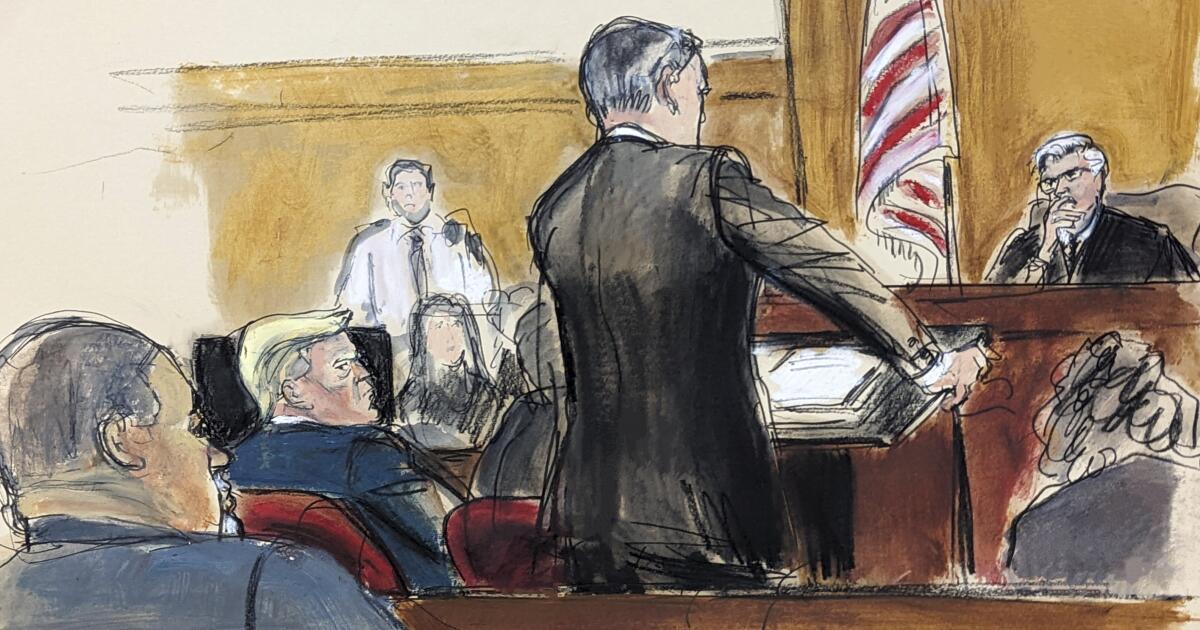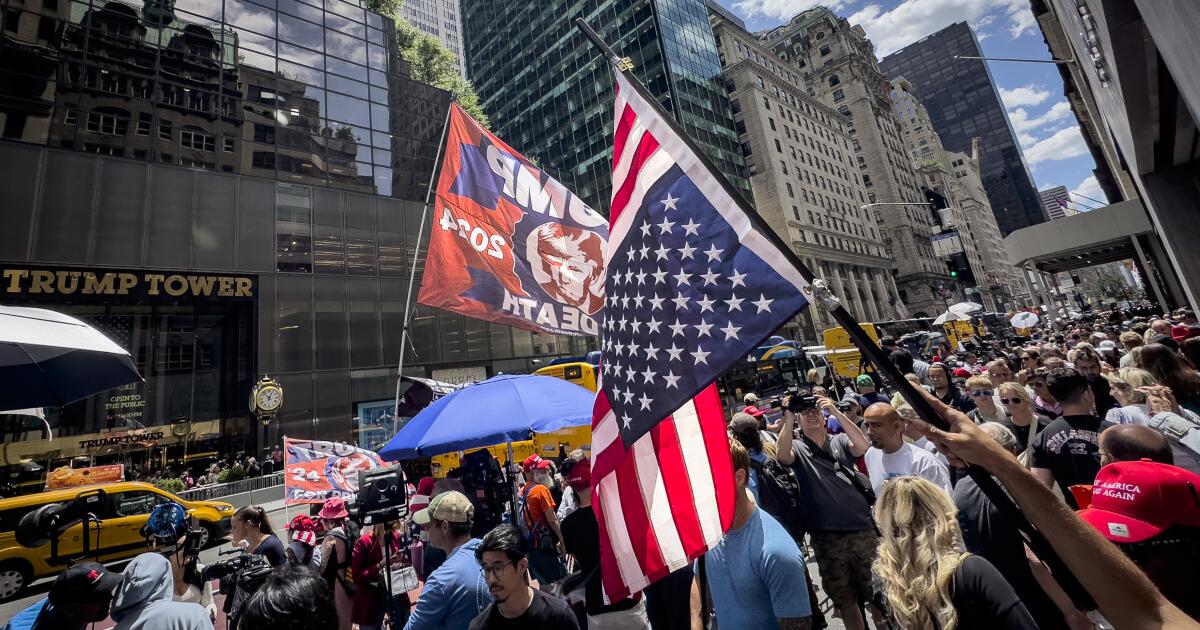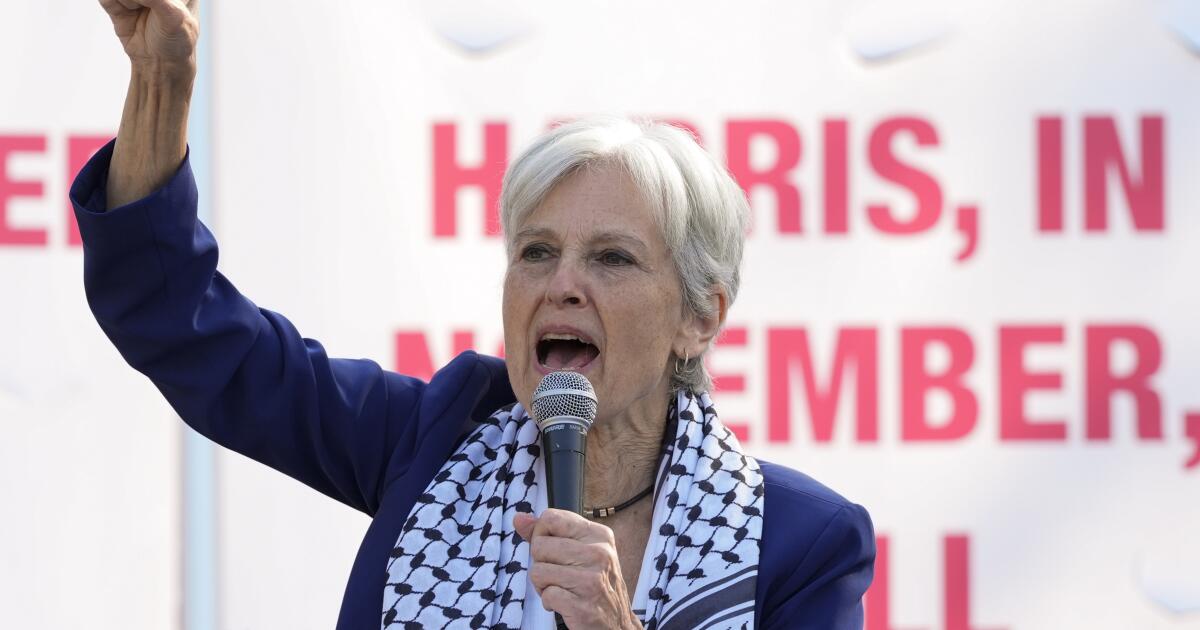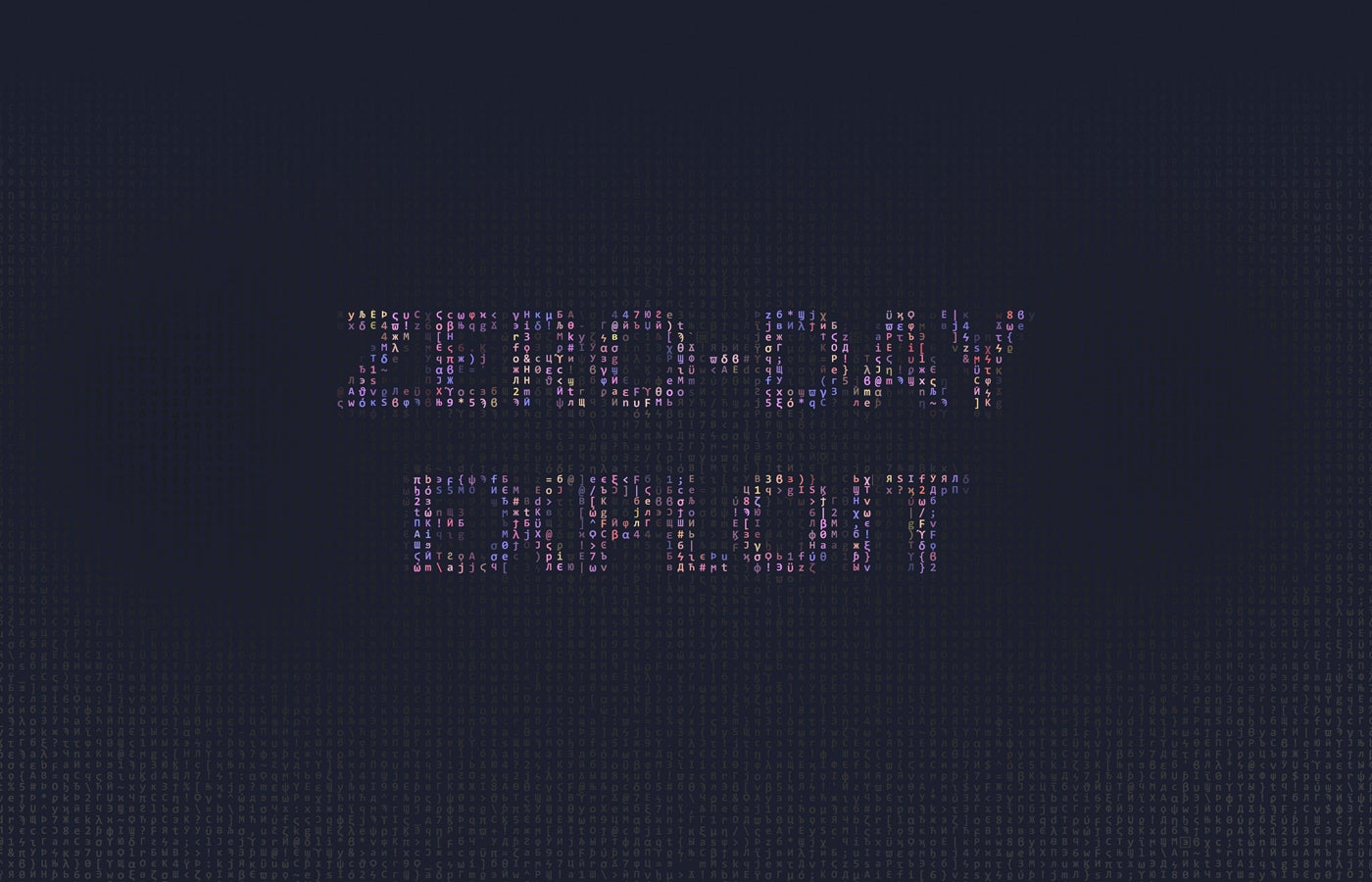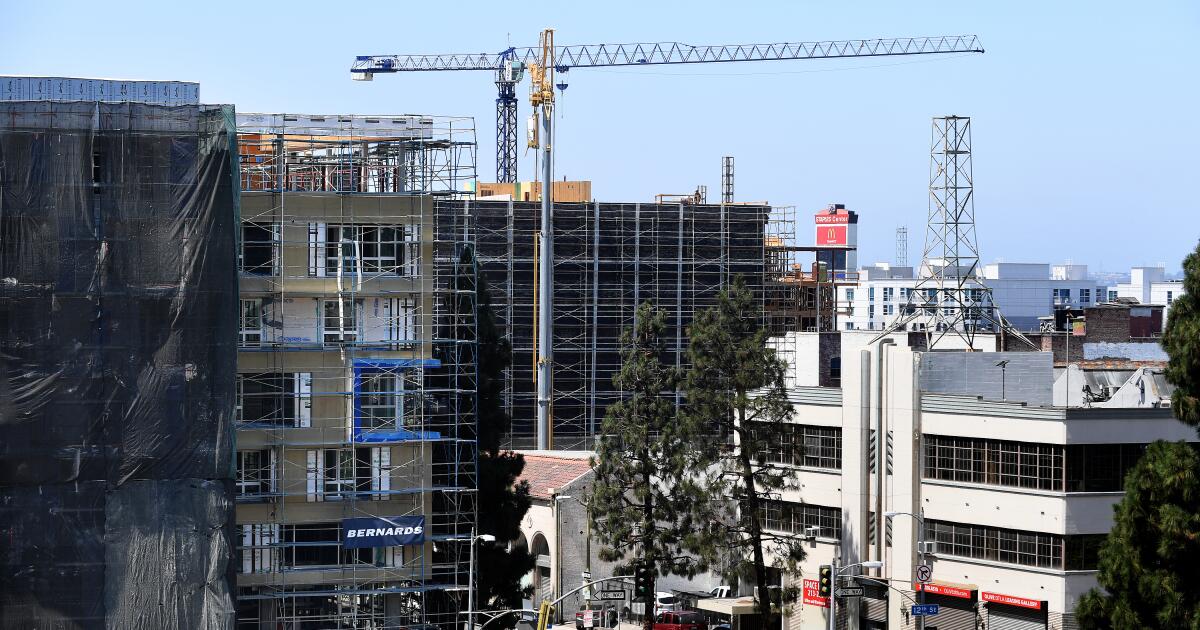In the midst of the commotion surrounding Apple's new agreement with OpenAIUntil now, there is one issue that has been largely glossed over: the fundamental models of the AI enterprise are built, and always have been built, on the theft of the work of creative professionals.
The agreement with Apple is not the only new development from OpenAI. Recent updates and controversies include high level defectionslast month the company the Media Manager silently announcedscheduled for release in 2025. Media Manager, a tool supposedly designed to allow content creators and owners to control how their work is used, is actually a blatant attempt to evade responsibility for the theft of intellectual property from artists. that OpenAI is already benefiting.
OpenAI says this tool would allow creators to identify their work and choose whether to exclude it from AI training processes. But this doesn't address the fact that the company built its core models using the works of authors and other creators without consent, compensation, or control over how OpenAI users will be able to imitate artists' styles to create new works. As described, Media Manager places the burden on creators to protect their work and fails to address the company's past legal and ethical transgressions. This proposal is like having your valuables stolen from your home and then hearing the thief say, “Don't worry, I'll give you the opportunity to opt out of future thefts…next year.”
writers, artistsjournalists and other creative workers have constantly asked that OpenAI and other generative AI companies obtain consent from creators before using their work to train artificial intelligence products, and that organizations refrain from using works without express permission. Last July, more than 16,000 authors signed a letter to major AI companies requiring companies to obtain permission and pay for the jobs they use to train their AI. However, OpenAI continues to trample on artists' rights and reject their appeals, as we saw recently when it launched a ChatGPT audio assistant. with a voice similar to that of Scarlett Johansson despite the actor's clear and repeated denials.
Although Johansson won her battle (OpenAI “paused” the offensive voice of her offerings after the actor threatened legal action), the best opportunity for the broader community of artists is to come together. AI companies' cavalier attitude toward creator rights and consent extends to people of all levels of fame.
Last year, the Authors Guild, along with 17 other plaintiffs, sued OpenAI and Microsoft, demand that authors receive what they are owed. That lawsuit is ongoing and other creative professionals and copyright owners have also taken legal action. Among these are a Class Action Lawsuit Filed by Visual Artists against Stability AI, Runway AI, Midjourney and Deviant Art, a music publishers' lawsuit against Anthropic for lyrical infringement and lawsuits in the US and UK filed by Getty Images against Stability AI for infringement of photographic copyright.
AI companies often argue that it would be impossible for them to license all the content they need and that doing so would halt progress. This is simply false. OpenAI has signed a succession of License agreements with editors long and small. While the exact terms of these deals are rarely made public, the compensation estimates pale in comparison to the huge outlays on computing power and energy that the company easily spends. Payments to authors would have minimal effects on AI companies' war chests, but receiving royalties for the use of AI training would be a significant new source of revenue for a profession that is already suffering.
Authors' incomes have fallen precipitously for more than a decade. In 2022, The median annual writing-related income for full-time writers It was just over $20,000, almost 50% less than in 2009. And the data for 2023 looks even more dire. AI-generated books, sometimes listed as written by real authors without the writer's permission, amazon flood, where anyone looking could buy them instead of the creative work that the human author spent months or years writing. Meanwhile, OpenAI It is valued at 80 billion dollars, Anthropo with 18.4 billion dollars and French AI startup Mistral at 6.2 billion dollars. These companies claim they need our work to be successful, but they can't afford to pay for it. Any human author can tell you that this narrative has glaring inconsistencies.
We can't trust tech companies that swear that their innovations are so important that they don't need to pay for one of the main ingredients: other people's creative works. The “better future” that OpenAI and others sell us is, in fact, a dystopia. It's time for creative professionals to come together, demand what we are owed, and determine our own future.
Mary Rasenberger is the executive director of the Authors Guild.

